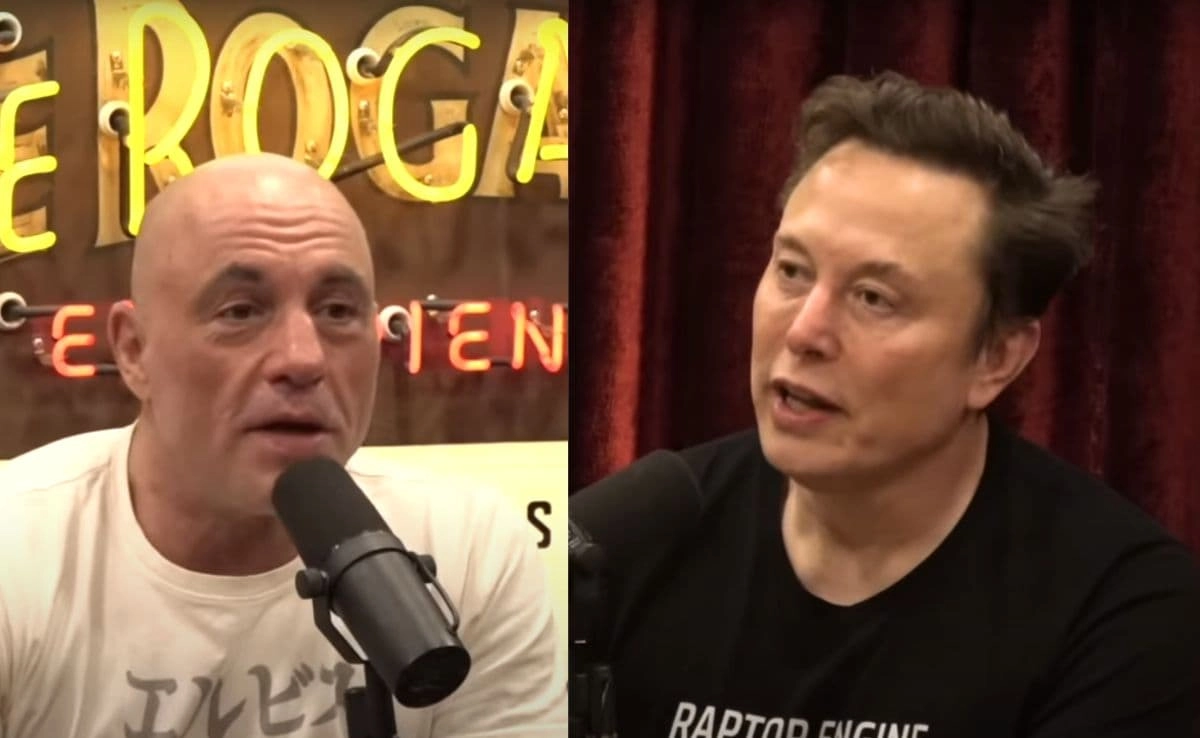Former President Donald Trump has been vocal about his frustrations with India’s trade policies, particularly regarding tariffs. In recent statements, he accused India of imposing excessive tariffs that he believes harm American businesses and consumers. Trump expressed that during his administration, he made efforts to negotiate a more favorable trade agreement with India, which he referred to as a “zero-levy deal.” This proposed arrangement aimed to eliminate tariffs entirely, thereby fostering a more balanced trade relationship between the two nations. However, Trump lamented that his offers were met with resistance, leaving American companies at a disadvantage.
Trump’s critiques highlight a broader concern among American manufacturers who feel the burden of high tariffs when exporting goods to India. The former president’s comments reflect a sentiment shared by many in the business community, who argue that such tariffs not only inflate prices for consumers but also hinder competitive market dynamics. The frustration over tariff impositions is particularly pronounced in industries like agriculture and technology, where American products face steep duties that can significantly curtail their market potential in India.
The issue of tariffs has been a longstanding point of contention in U.S.-India relations, with each country advocating for its economic interests. While the U.S. has sought greater access to Indian markets, India has defended its tariffs as necessary for protecting local industries and promoting economic growth. Trump’s remarks serve as a reminder of the complex nature of international trade negotiations, where differing priorities can lead to impasses that impact countless businesses and consumers on both sides. The pursuit of a mutually beneficial agreement remains a critical goal, as both nations navigate the intricate landscape of global trade dynamics.




